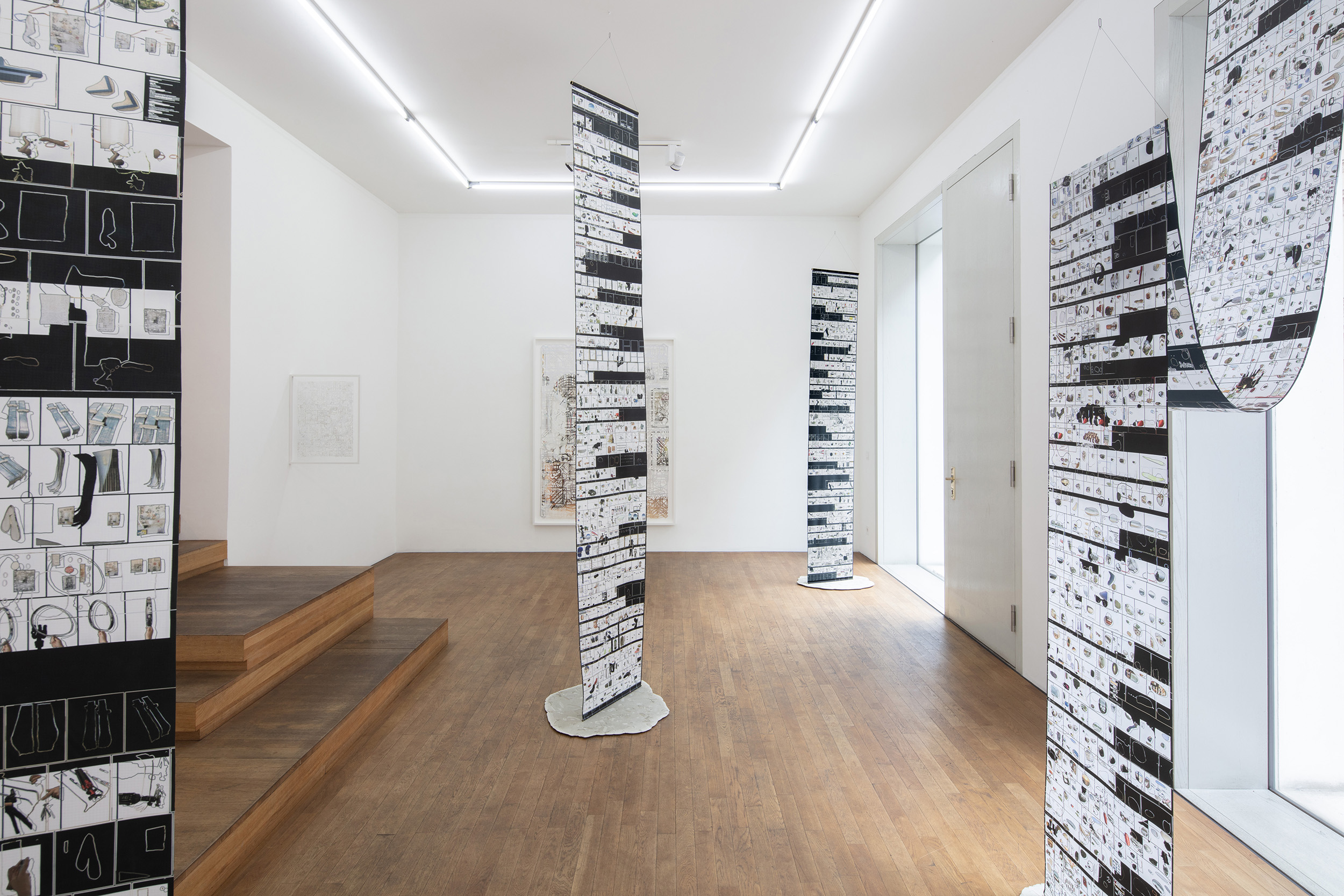Digital Dust | Lilly Lulay
What we know about the world has been delivered to us through media, and for at least the last five or six years, the smartphone is the foremost among them. What Lilly Lulay is interested in analyzing is the way in which our smartphone has changed our approach to images and the consequences on the relationship between image, reality and memory. It is almost no longer possible to simply observe a photograph through our telephone, we are invited and encouraged to interact with it (formulate an appreciation, comment, show a reaction) to increase the involvement of the public.
According to Lulay, once we are active users on a social network, we become transparent, the amount of information deducible from our online activity helps to draw clearer profiles of our personality on the net: in fact, the images we spread on the net – photographs taken with our smartphone and uploaded online – they store and communicate our position, our habits, behavior models, cultural and economic status, helping to enrich our portrait as users. These data, these images, have a very short life cycle: they are quickly created, published, used and then stored, crystallized forever (or almost).
This transparency provided by images is reflected by contrast in the apparent opacity of Digital Dust. From a distance it is not clear that the images that make up the installation are screenshots from Google Photo, the free cloud service provided by Google where Lulay’s smartphone automatically stores all the images it produces or receives: it is a chronology of moments in the life of the artist that alternate with the geometric architectures imposed by this archive. The organic shape that the meters of fabric have are inspired by Google’s sophisticated algorithms, which are able to recognize the outlines of objects or color combinations and therefore manage to organize images not only by date and position, but also by their content. Each of the twelve columns offers an overview of the “digital dust” produced by Lulay in a month and show the countless images, ie data, memories, thoughts, experiences, which probably would not exist without immediate sharing, unlimited registration and free storage.
©Lilly Lulay, Digital Dust, 2018
collage with google photo layout and all images my smartphone
produced/received from 7.2017 – 6.2018
12 prints on double sided fabric, cement plates
50 x 225 – 50 x 512 cm
Accept Terms and Conditions, Kuckei+ Kuckei, Berlin, 2018, Installation view
Photo credits: Thomas Bruns
Courtesy the artist
28/12/2020

